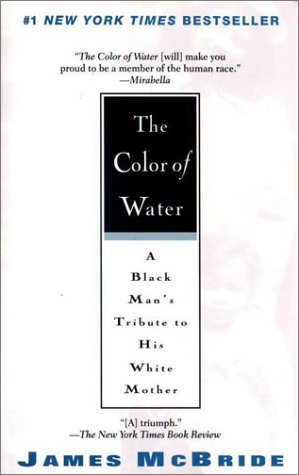Reviewed by gmcgregor on
They're both extraordinary stories: Ruth's for its sheer improbability, and James's for being the kind that you'd think would end up one way that actually ends another. James' story has plenty of struggle and heartbreak, but Ruth's is just heartbreaking. Everytime you think it can't get much worse for her, there's another twist and worse it gets. And somehow it ends well, with Ruth being the last in her family to finally get the chance to go to college and graduate and James as an acclaimed writer. It's a testament to resilience, of refusing to let your lowest moments define and drown you, of defying the voices that would dismiss you and discount your worth.
But it's also just very good writing. McBride's juxtaposition of his experience of his childhood against his mother's early life is balanced, neither story feels as though it is given the short shrift in favor of the other. He renders his mother's story in what feels like essentially her own words, not flinching from the difficult parts, of which there are many. Much of this is heavy stuff (interested potential readers should know there's sexual abuse, abortion, death, and racism herein), but while he doesn't sugar-coat it, neither does he dwell on it in the way that books about hard lives sometimes do. Ruth is a woman who came through a lot of terrible things and carved out happiness for herself in a world that did not want to give her any. And though he was raised with much more love and care than his mother was, McBride's own upbringing was still challenging and he managed to come through it, too.
Memoir can be a hit-and-miss category, for me. Not everyone's life story is all that dynamic or engaging for anyone outside of it, and even if it is, so much depends on the skill of the telling of it. But when executed well, as this is, it can be an enlightening window into a realm of experience outside of our own. I don't necessarily know that this is a book for every reader...there's a lot of darkness here, and while it does end well, there's not necessarily a sense of triumph and uplift to counterbalance it. For me, this is part of why this book works, because it doesn't seek to lionize its subjects or turn itself into a paint-by-numbers tale of conquering adversity, but for other readers that might be hard to deal with. But I do think it's a book that should be read, and I do recommend it, so if what I've written here intrigues you, definitely pick it up!
Reading updates
- Started reading
- 14 April, 2018: Finished reading
- 14 April, 2018: Reviewed
